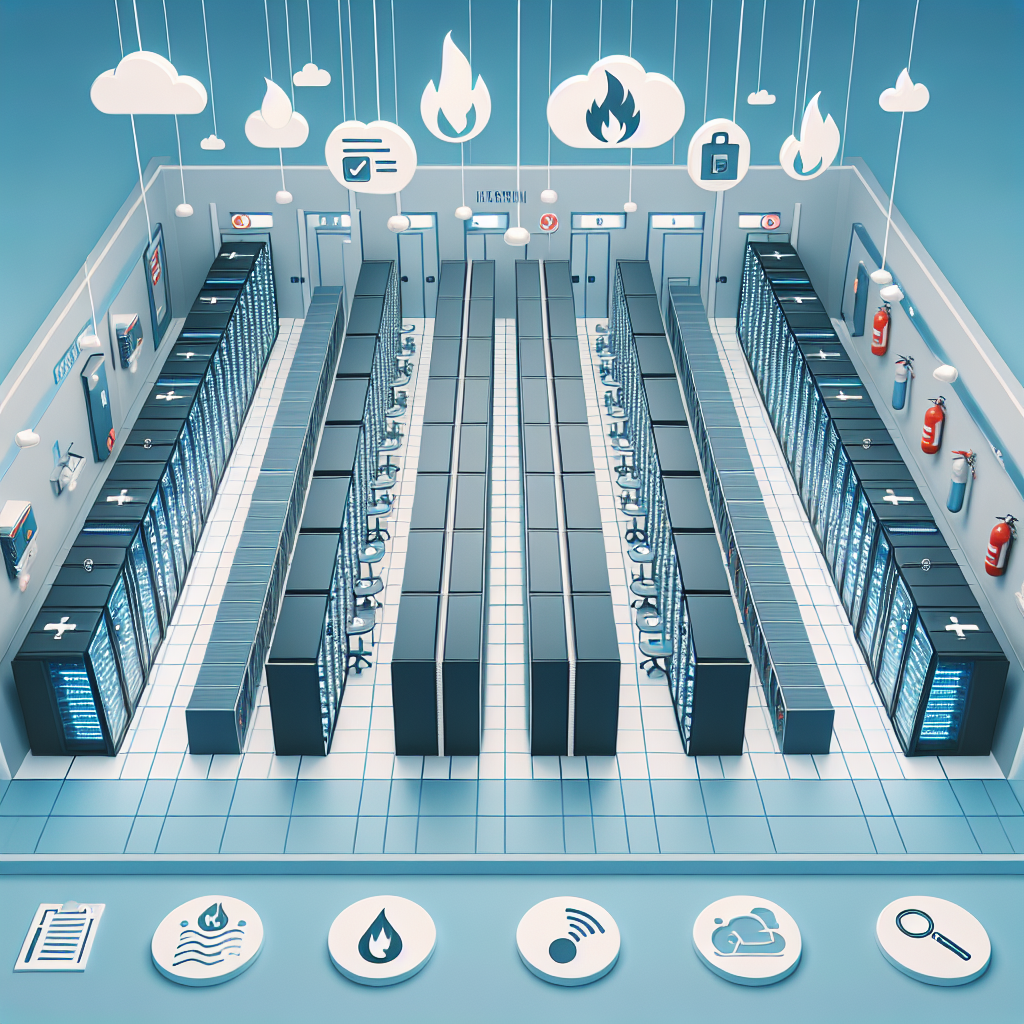Your cart is currently empty!
Key Considerations for Implementing an Effective Data Center Fire Suppression Strategy

As data centers become increasingly critical to the operations of businesses, implementing an effective fire suppression strategy is essential to protect valuable data and equipment. A fire in a data center can result in catastrophic loss of data, downtime, and significant financial impact. Therefore, it is important to carefully consider key factors when developing a fire suppression strategy for a data center.
One of the first considerations when implementing a fire suppression strategy is understanding the unique risks and challenges posed by a data center environment. Data centers typically contain a large amount of electrical equipment, which can increase the risk of fire. In addition, the presence of sensitive data and the need to maintain uninterrupted operations make it essential to have a reliable and effective fire suppression system in place.
Another important consideration is compliance with industry standards and regulations. Data centers are subject to strict regulations regarding fire safety, and failure to comply can result in fines and legal consequences. It is important to work with a qualified fire protection engineer to ensure that the chosen fire suppression system meets all relevant codes and standards.
When selecting a fire suppression system for a data center, it is important to consider the unique requirements of the facility. Some factors to consider include the size and layout of the data center, the type of equipment housed within the facility, and the potential impact of downtime on operations. It is also important to consider the environmental impact of the fire suppression system, as some systems can cause damage to equipment or release harmful chemicals into the environment.
One of the most common types of fire suppression systems used in data centers is a clean agent system. Clean agent systems use gases or chemicals to extinguish fires quickly and effectively, without causing damage to equipment or leaving behind residue. These systems are ideal for data centers because they can suppress fires rapidly, minimizing the potential for damage to equipment and data.
In addition to selecting the right fire suppression system, it is important to regularly test and maintain the system to ensure its effectiveness. Regular inspections and maintenance can help identify potential issues before they become serious problems, ensuring that the fire suppression system is always ready to protect the data center in the event of a fire.
In conclusion, implementing an effective fire suppression strategy is vital for protecting a data center from the potentially devastating consequences of a fire. By carefully considering the unique risks and challenges posed by a data center environment, complying with industry standards and regulations, selecting the right fire suppression system, and regularly testing and maintaining the system, data center operators can ensure that their facility is well-protected against the threat of fire.

Leave a Reply